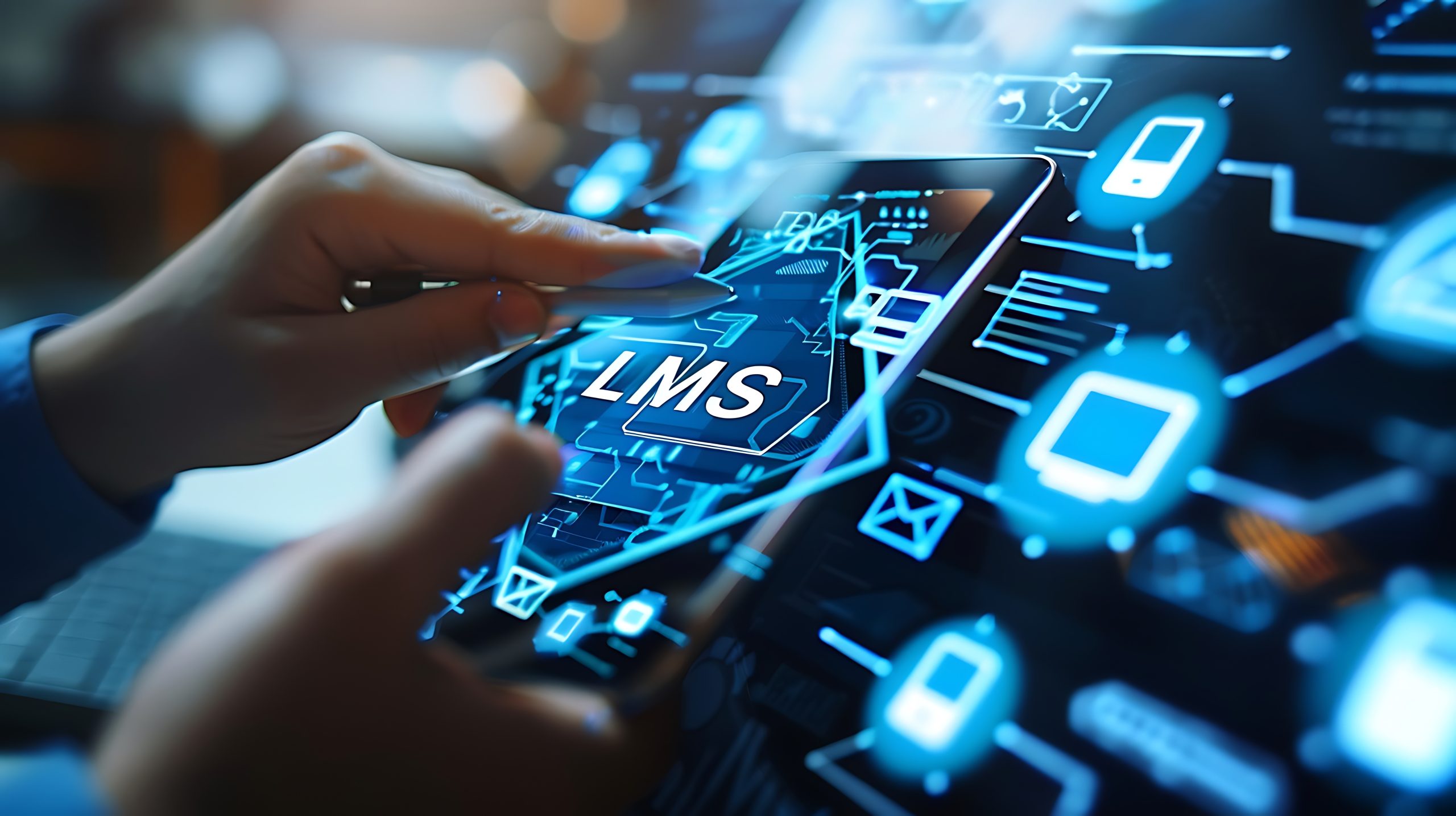Any organization that provides education or training has a strong incentive to carry out learning analytics, which involves collecting and analyzing data about learners and their progress within an educational or training program. Without a learning analytics framework, it’s difficult to assess the effectiveness of your education and training programs, intervene early to get learners back on track, or identify areas for improvement.
In other words, learning analytics is essential to getting the most out of your investment in education or training.
But what goes into a learning analytics framework beyond the data gathering and analysis we’ve already mentioned? This article shares the six essential elements of a learning analytics framework.
1. Integrated Data
The more relevant data you can feed into your learning analytics approach, the more successful your learning analytics system will be. While your learning management system (LMS) is certainly a needed data source, you shouldn’t stop there. An effective learning analytics system should also include data from these sources:
- Your student information system (SIS) (if you’re an educational institution) or human resources data (if you’re an organization that trains its employees)
- Your communication and collaboration tools (including Zoom, Blackboard, email, and whatever other proprietary communication tools you use for instruction, learning, and communication)
- Your attendance tracking system
- Your learning record store system
With data from these and all other relevant sources, your organization can develop a holistic picture of each learner and can carry out the remaining elements of the learning analytics approach.
2. Data Analysis and Reporting
With all of this integrated data, your learning analytics system can conduct data analysis and generate different reports for different users. For example, your professors or trainers would want reports relating to topic mastery and learner engagement, while your leadership team would want to see reporting on completion tracking and program evaluation.
The type of analyses you would want to conduct and the types of reports you would want to generate would vary depending on your institution. But in general, you would want data and reports presented visually in charts and graphs that allow users to see trends. Dashboard views would be helpful as well.
Whether you build your own learning analytics solution or purchase one, the exact reports and dashboards you could have would depend on the sophistication of your solution.
3. Predictions Based on Data
In addition to showing trends in a clear way, your learning analytics system should be able to make predictions, which are necessary to intervene before a problem occurs or advances too far.
You likely have goals for your learners around completion and mastery. Failure of your learners to meet those goals can jeopardize retention and tuition for educational institutions and employee effectiveness for employers offering training. If you can predict which students are at risk of falling short of your goals, you can intervene to help your learners change direction and succeed.
An effective learning analytics platform can make predictions through a rule-based, if/then approach. For example, if the learner’s grade is below X (a data point from the LMS), and they have Y challenge (a data point from the SIS or HR system), and they missed Z number of classes in the last two weeks (a data point form the attendance tracking system), then they are at risk of not passing the course.
To develop such rules, your educational institution or organization would rely on patterns or red flags you’ve observed in the past. For those organizations that have sufficient historical data, machine learning could be used to assess patterns of success and failure and develop predictions. In this case, you wouldn’t have to craft specific rules; the machine learning algorithm would develop its own rules and generate predictions.
4. Timely Notifications
An effective learning analytics system not only makes predictions of success or failure based on data but issues timely notifications based on those predictions. These early-warning notifications, of course, must be sent to those parties that can intervene. You would want the ability to define who those parties are, but chances are they would be the trainer, the learner (so that the learner can also know that they are at risk and adjust accordingly), and any program administrators.
5. Timely Interventions
The nature of the intervention will vary based on the particular concern and context, but typically an intervention in response to a prediction will involve some kind of communication with the student/learner. Whether that communication is electronic or oral, a strong learning analytics system will log it; in the case of an oral conversation with the learner, the system would prompt the person talking to the learner to capture a summary of the discussion in electronic form.
As much as possible, your organization would want to develop a consistent intervention protocol for each type of notification. So, for X issue, you would always do A, B, and C steps. Having defined processes in place is critical to the final element of an effective learning analytics framework.
6. Ongoing Evaluation of Your Learning Analytics Framework
Yes, not only should you be analyzing your learner data, but you should also be analyzing your learning analytics framework itself. Are you capturing the right data? Are your reports, notifications, and interventions leading to greater achievement of your goals? What elements, if any, need to be improved?
When you have both defined intervention procedures and captured intervention data, you can see whether your methods are working to advance your goals.
Your Custom Learning Analytics Solution
Ready to use these six elements to create your organization’s custom learning analytics system? Talk to our experts to learn how we can build a learning analytics solution tailored to your needs.

Ann McGuire is an experienced marketer with more than 20 years creating content, marketing communications programs, and strategies for tech firms. She reads, writes, and lives in New Haven, CT with her husband and two needy cats.
Resources
Explore Learning Analytics Insights
Boost Your Company’s ROI on L&D with Lean Learning
Lean learning is about getting the right learning to the right audience at the right time while minimizing waste and maximizing flexibility.
3 Ways Learning Analytics Can Supercharge Your LMS Data
Read how learning analytics can increase student engagement
Competency Based Education
See how institutions can use competency-based education to better evaluate learning efforts with the help of IntelliBoard.




